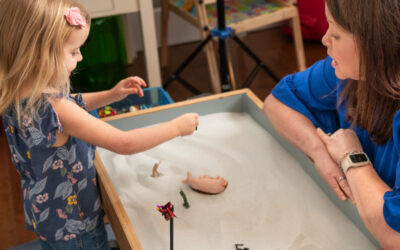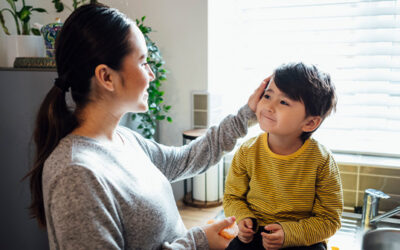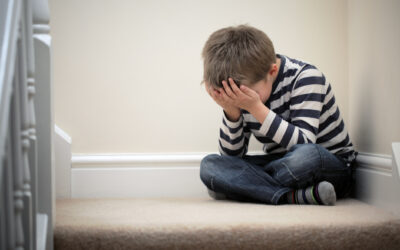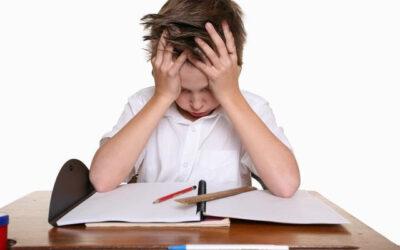Child Counseling

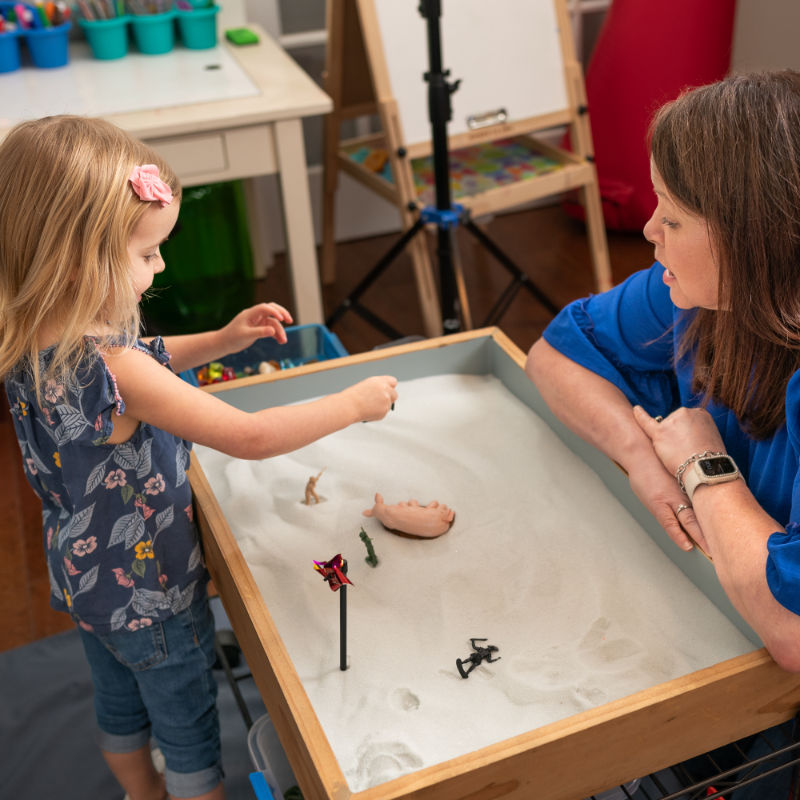
Guiding Your Child Through Life’s Challenges: Expert Child Counseling Tailored to Their Needs
You love your child more than anything and you’d do anything to help them. Lately you are noticing an increase in concerning behaviors. Maybe you’ve noticed that they seem to worry about things that were previously not a problem. Perhaps they have gone through some recent life transitions and they are having difficulty regulating their emotions. Or maybe you’ve started getting phone calls and emails from school. You aren’t sure where to turn but you know that something is “off” with your child. It may be affecting their behavior, their emotions, and even their eating and sleeping habits. You know you need some help getting things back on track and a better understanding of what your child is going through.
Children are unable to communicate in the same way as adults. Therefore you need a therapist who is specifically trained in child therapy. As child therapists, we are trained to help children process their emotions in a way that makes sense to them and leads to lasting change.
Specialized Child Counseling for children ages 3-14 Call (832) 521-8809 today!
Why Play Therapy?
Play therapy is specialized counseling uniquely and specifically suited for children between the ages of 3-14. We start with the understanding that children have not yet developed the cognitive skills for abstract reasoning. This means they don’t yet understand concepts like cause and effect, the consequences of their behavior, and they exclusively operate out of their emotions, not the reasoning part of their brain. That part of their brain hasn’t developed yet. Since children do not have abstract reasoning and they operate out of their emotions, traditional talk therapy doesn’t work. Most adults’ concept of therapy is sitting on a couch and talking through issues but this does not work with children. Children work through issues by playing issues out, not talking them out.
Play therapy involves the use of play to communicate with children and to help children learn to solve problems and change their problematic behaviors. Children naturally engage in play to create meaning and organize their experiences. This allows children to distance themselves from difficult feelings and experiences through symbolic expression, using the toys as the medium to disclose these feelings. The therapeutic playroom becomes a sacred place to process and explore painful fears, anxieties and inadequacies. In play therapy I will support your child while they work through their emotions, equipping them with improved self-esteem, a greater sense of self, self-regulation and a decrease in problematic behaviors.

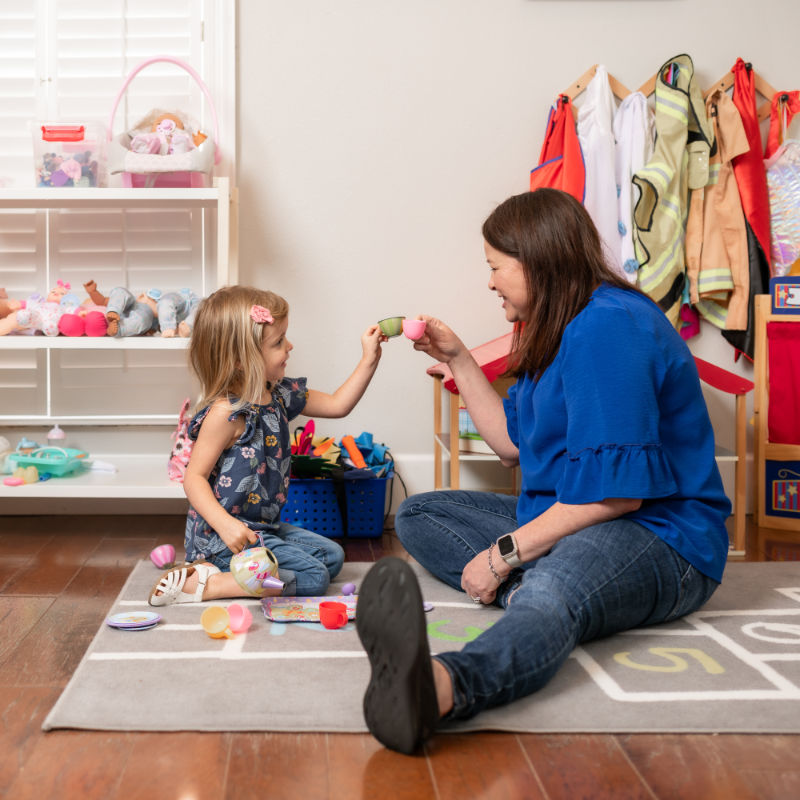
Relevant Blog Posts
Why Play Therapy Helps Kids With ADHD
We know that kids living with ADHD and ADD may struggle with impulsivity and executive functioning. But did you know that these same children often struggle with low self-esteem and accompanying anxiety? There is a significant amount of research showing that...
Top Misconceptions About Play Therapy
Whether you came across play therapy through a Google search about children’s mental health or you’ve been referred by another medical professional, you’re wondering what play therapy is all about. You want to help your child but you’re a little unsure that...
Focus On The Child, Not The Problem
When I work with families it is typically because a parent or caregiver is concerned about a problem with their child. And while the problem is what may initiate beginning play therapy, I think it’s very important for parents to understand that the relationship...
Why Is My Child’s Behavior Different At School?
When a child comes for play therapy, I always ask a parent or caregiver about the school environment. Over the years I’ve had countless parents tell me that their child acts completely differently at home than at school. Sometimes these differences are an increase in...
A Better Way to Discipline Kids
Discipline is Not About Control As parents, we typically have a lot of ideas about discipline. For some, discipline is about teaching a lesson. For others, discipline is about compliance. You may discover that some of your ideas about discipline are related to...
Is Your Child Struggling With Perfectionism?
Perfectionism in children occurs when kids have unrealistic expectations for themselves. Whether these are self-imposed or imposed by an outside force, the message to the child is the same. They are afraid of failure or mistakes and can’t handle the idea of being...


